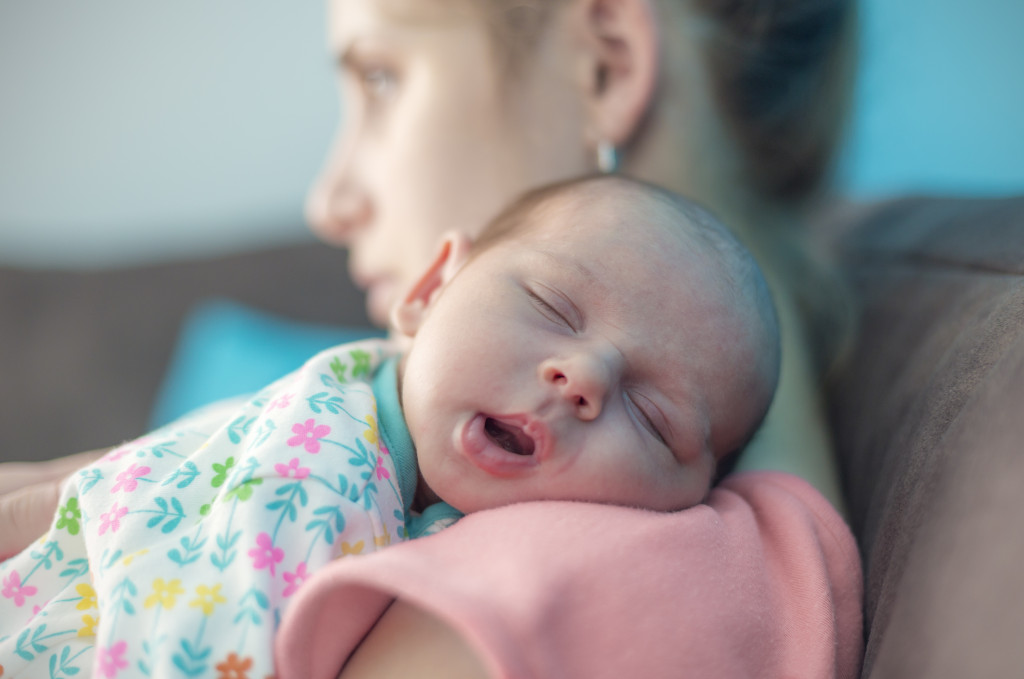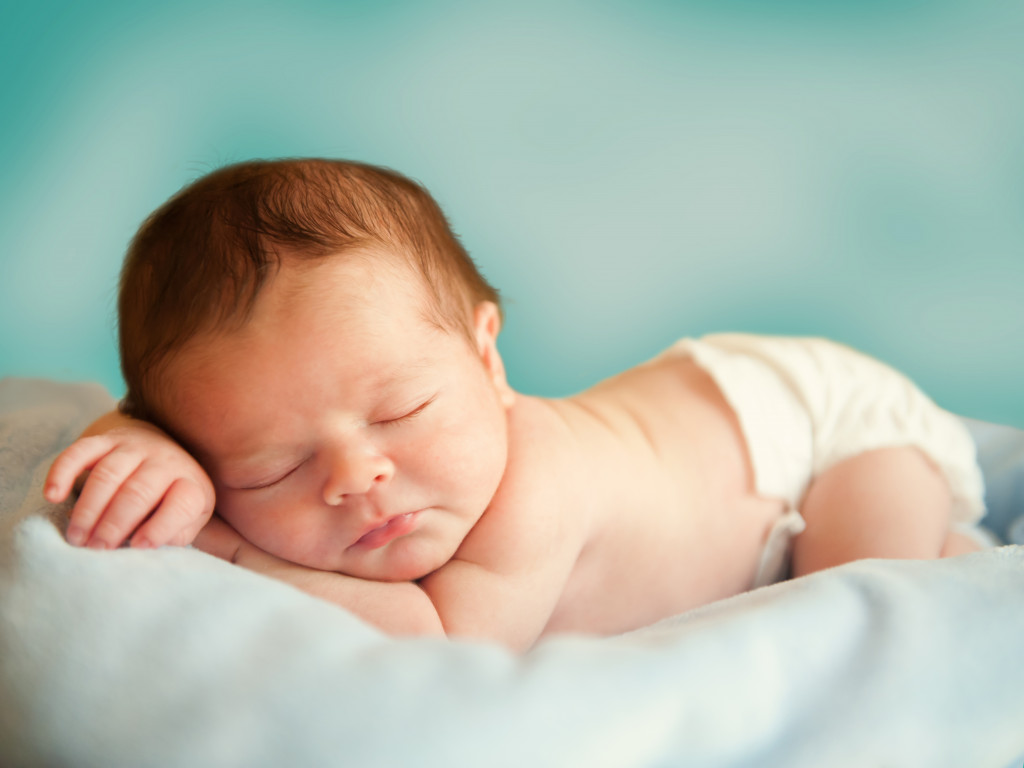Modern consumers are embracing sustainability as part of their daily lives. They try to do everything they can to reduce their carbon footprint while reaping the rewards of healthy living. This is easier when you live on your own or have a partner who is also dedicated to embracing sustainable practices. But when you have a baby, everything becomes twice as complicated.
It may seem like sustainable living and babies don’t mix. But some parents made it work. Exposing your little ones to sustainable practices will make it easier for you to instill good habits that will benefit their health and the environment at the same time.
Here’s how parents can embrace sustainability after having babies.
Choose Their Clothes Wisely
It is easy to get blinded by all the adorable baby clothes found in the market. But since many companies are into fast fashion, these should not be your go-to option. You would want to reconsider your shopping list and steer clear of baby clothes that scream cheap and are low quality.
Babies grow incredibly fast, which is why many sustainable parents are turning to second-hand baby clothes and hand-me-downs. You also have the option to shop for new baby clothes since your little one deserves the best products for babies. Just make sure you opt for those made from organic materials that are safer for your baby’s sensitive skin.
Choose reusable nappies, bibs, burp cloths, and your own set of reusable nursing pads. These allow you to save an incredible amount of money on nappies. It may take more work to replace and wash them, but all the hard work will pay off since your baby’s skin and the environment will thank you.
Say Yes to Homemade Baby Food
Nothing can beat the benefits homemade baby food can bring to your little one and the environment. You may have lots of things to accomplish on your to-do list. But by making your baby’s own food, you know exactly what you are feeding them.
Thankfully, there are lots of baby food recipes found on the internet. If you are unsure what to feed your baby, consult their pediatrician. They can provide the best list of ingredients and combinations suitable for your child’s needs.
Use fresh and organic ingredients to make baby food. Store these in reusable containers like mason jars, glass containers, or those made from stainless steel. Avoid putting baby food in plastic containers since these usually contain harmful chemicals that can leach into your child’s food.

Shop Second-hand Furniture
Many parents would spend hundreds of dollars on baby furniture alone. Nothing is stopping you from decorating the nursery with your desired furniture. But before you shop, consider repurposing old furniture.
Ask friends and relatives if they have old furniture you can use for the nursery. Check thrift shops for old cribs, rocking chairs, changing tables, etc. These can be great DIY projects for you and the whole family.
You may only need a little sanding, painting, and varnishing to bring old baby furniture back to life. You can replace old upholstery with a new one to make chairs, beds, and changing tables more comfortable for you and the baby. Use your creativity to turn these into a beautiful set of furniture that will match your dream nursery for your baby.
Go for Eco-friendly Toys
We are often tempted to buy colorful toys that promise to help our babies improve their memory and problem-solving skills. But the reality is that many babies would rather play with common household items than those expensive toys we buy at the store. To reduce your toy spending and make playtime eco-friendly, choose toys that are good for the environment.
Choose toys made from organic, non-toxic, and sustainable materials like cotton, wool, and wood. Avoid toys made exclusively from plastic materials. Know that certain toy manufacturers now use recycled materials in crafting toys perfectly safe for babies.
You also have the option to create your baby’s own toys out of old items around the house. For instance, you can turn that old t-shirt of yours into their own plushy. With a bit of creativity, you can make a stuffed toy of their favorite animal using clothes you no longer need or want.
Sustainable parenting does not have to be complicated. You only need to think of other ways to reduce your baby’s carbon footprint. Opt for second-hand and recycled materials and make their own baby food at home. Be careful when choosing any baby product. Before choosing any brand that claims sustainability in its products, do your due diligence before making a choice.

